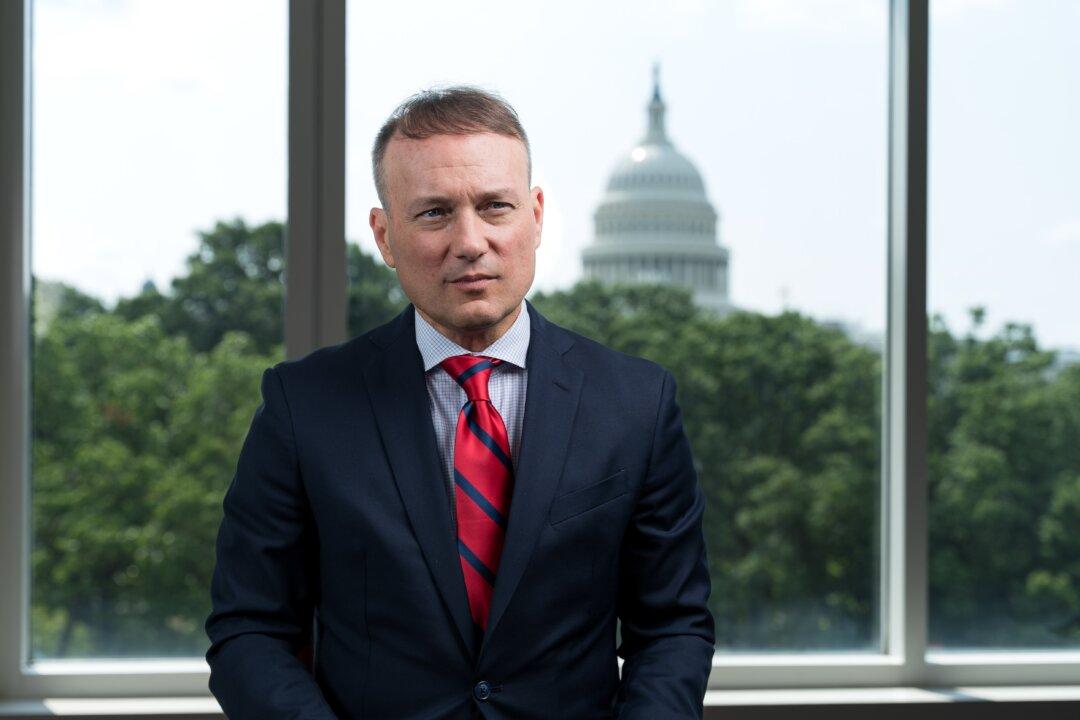Local and community projects funded by tax money allocated by Congress, commonly known as “earmarks,” are often wasteful and conducive to corruption, said the CEO of a government watchdog organization.
An earmark is “a pet project requested by a member of Congress for their own district,” said Adam Andrzejewski, CEO and founder of OpenTheBooks.com, an Illinois-based nonprofit watchdog.





